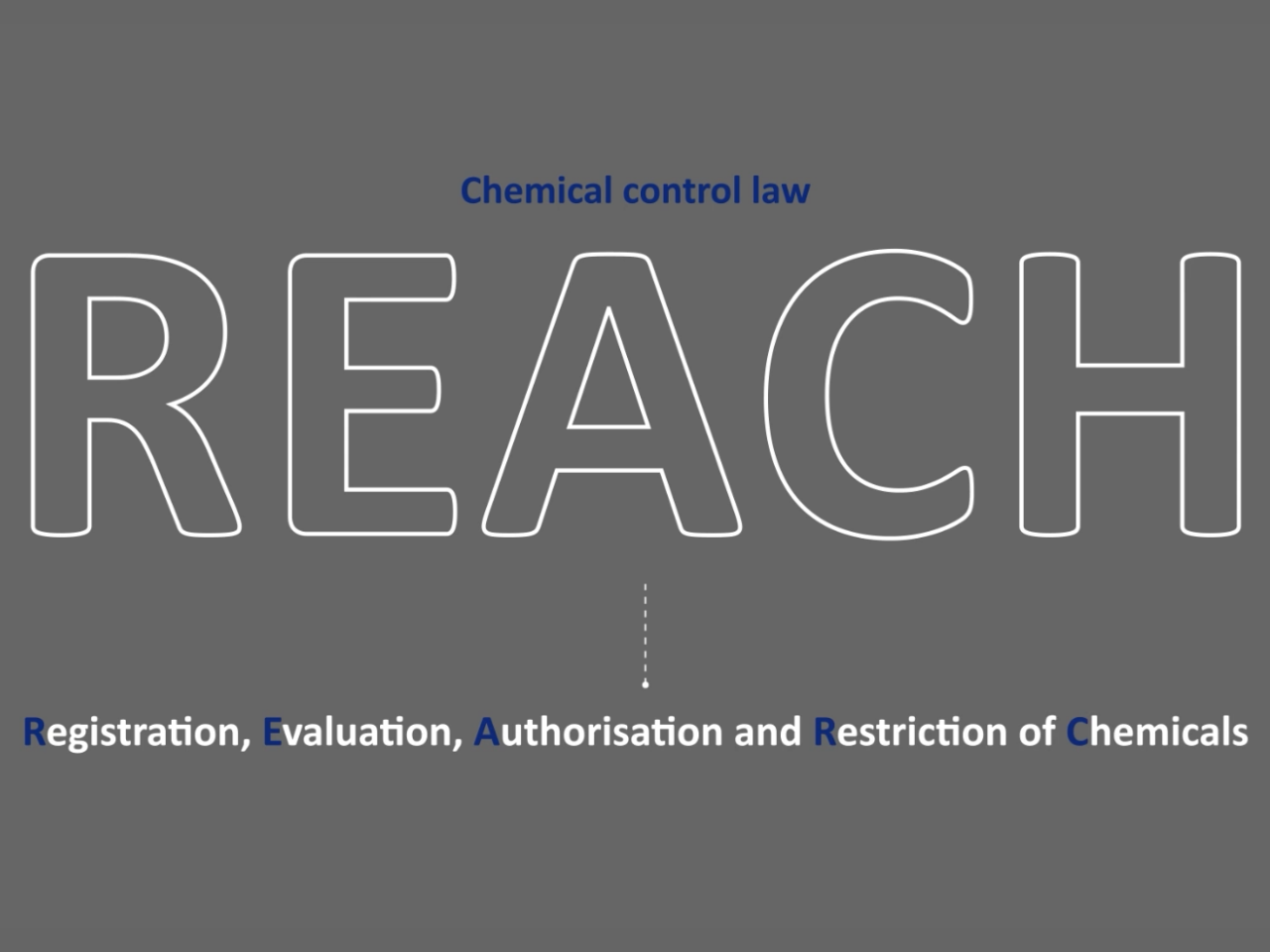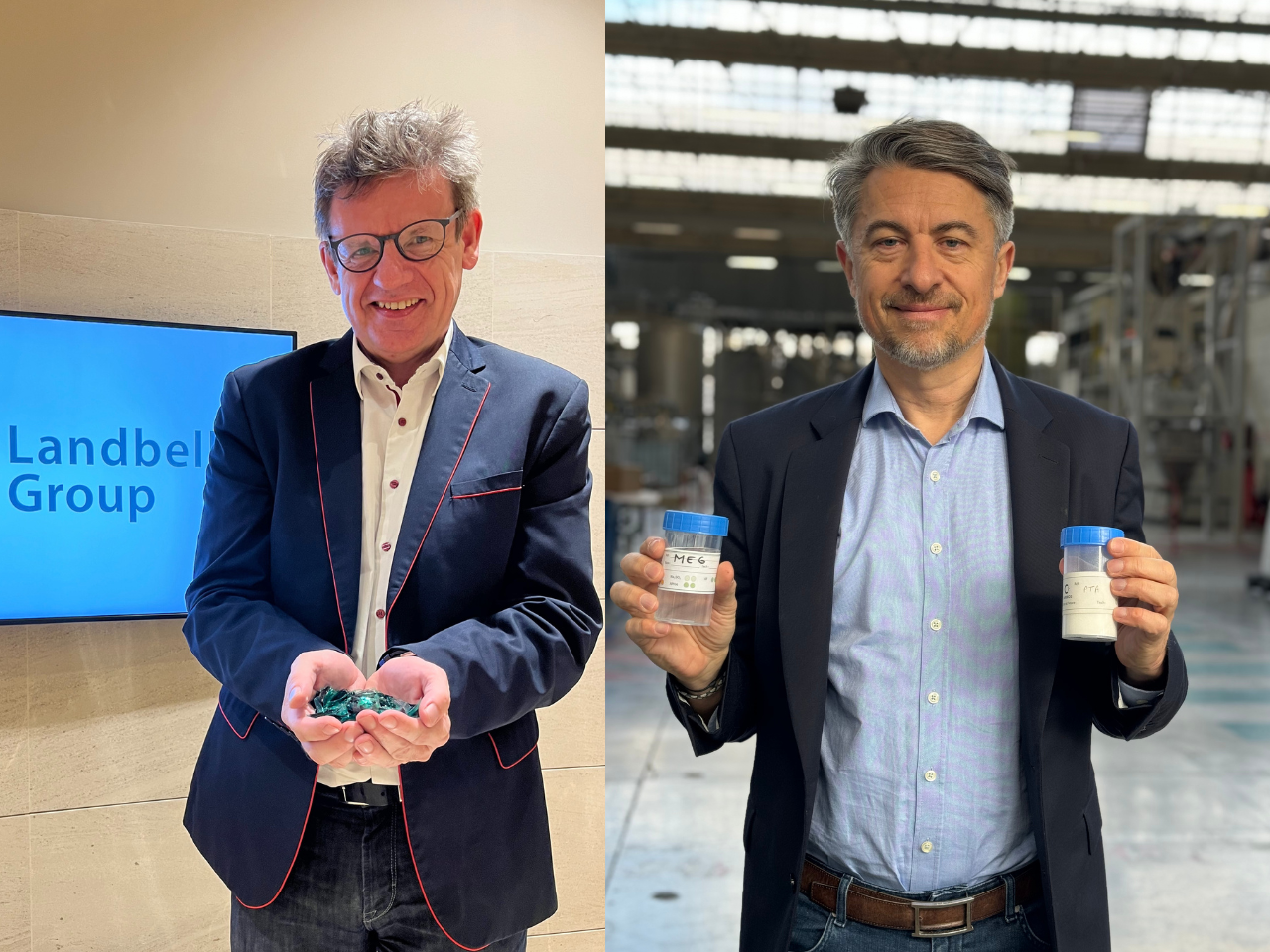Compliance services for textiles
EPR already applies to batteries, e-waste and packaging… soon, textiles will be in scope
The revised EU Waste Framework Directive (WFD) plans to introduce extended producer responsibility (EPR) for textiles in all 27 member states by 1 January 2025.
Several countries, including France, the Netherlands and Italy, have already introduced laws and regulations for textiles, with more to follow.
Building on our unique experience with batteries, e-waste and packaging, Landbell Group is already supporting customers with our producer responsibility organisations (PROs) for textiles in Italy and the Netherlands – and through our global environmental consulting.

Jürgen Fuchs
Europe, Global
Are you a textiles
producer?
If your company manufactures, imports or distributes textile, textile-related and footwear products, and makes them available on the EU market – including via online or distance sales – then you may be classified as their producer.
That means you may need to fulfill EPR obligations, such as:
- Covering waste collection and treatment costs
- Designating a PRO to carry out your obligations
- Registering on a producer register and reporting the products that you put on the market
Not sure if this applies to you?
Compliance for textiles
If you are a producer, we fully support your company with its compliance for textiles. Our PROs take on your legal obligations and ensure you comply with the regulations. And our environmental consultants guide you with the best strategies for managing your compliance globally.
Our services include:
- Identifying and assesssing your obligations
- Registration and reporting
- Meeting your recycling and reuse targets
- Costs calculation and management
- Authorised representative for textiles
Textiles reuse and recycling
In Europe alone, the textile waste stream is about 7 million tonnes, but only 2.4 million tonnes are collected and only 1.4 million tonnes are processed. It’s clear that something needs to be done.
Discarded textiles can be reused or sent for recycling, so that their materials can be used for fibre-to-fibre recycling or for recycling into other clothes or household fabrics.
Textile recycling can be mechanical or chemical and Landbell Group is working to develop advanced recycling solutions.
How can we support your sustainability goals?




